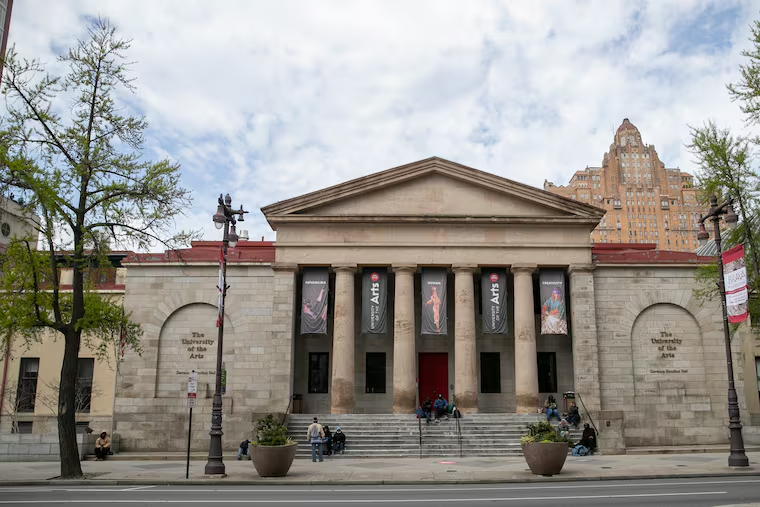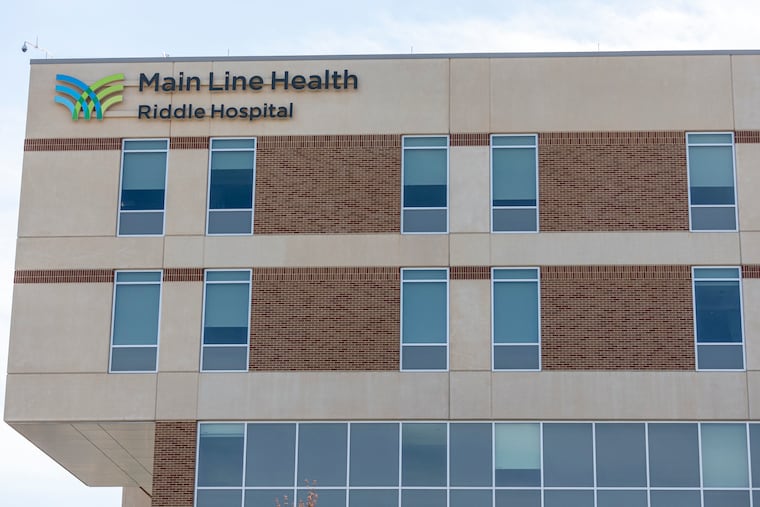NYC Mayoral Debate Becomes Chaotic as Cuomo Faces Intense Criticism
In a highly charged atmosphere characteristic of New York City politics, the first debate among Democratic mayoral candidates took place on June 4, 2025. Front-runner Andrew Cuomo, facing ongoing legal challenges, attracted considerable attention as opponents leveled accusations and criticisms during the event held at NBC Studios.
The debate featured nine candidates, among them Cuomo, who is currently under investigation by the Department of Justice over accusations related to misleading Congress about his administration’s handling of the COVID-19 pandemic. Zohran Mamdani, polling second to Cuomo ahead of the June 24 primary, was vocally critical, asserting that Cuomo’s current legal troubles were warranted. Mamdani, a democratic socialist and member of the New York Assembly, emphasized the importance of accountability in leadership.
Cuomo, for his part, rejected these allegations, describing the DOJ probe as politically motivated and highlighted Mamdani’s limited experience in government. His retorts included casting doubt on Mamdani’s capability to effectively counter former President Donald Trump, warning that Trump would easily navigate past inexperienced candidates.
Other candidates present included Comptroller Brad Lander, City Council Speaker Adrienne Adams, and former hedge fund executive Whitney Tilson. The debate, hosted jointly by NBC, Telemundo 47, and Politico, quickly devolved into a contentious exchange as candidates challenged Cuomo’s past, including his approach to public safety and housing, as well as his integrity.
Trump’s shadow loomed large over the debate, with discussions centering on how candidates plan to confront the policies of the former president, particularly regarding immigration issues. The consensus among candidates indicated a need for stronger legal mechanisms to shield New York City from potential federal overreach.
Despite the heated exchanges, Mamdani and others also faced criticism. For instance, Tilson labeled Mamdani’s platform as dangerous, while Senator Jessica Ramos expressed regret over not having run for mayor in a previous cycle, which she claimed could have contributed positively to her profile.
Cuomo’s assertive presence was coupled with ongoing skepticism from his rivals. Brad Lander accused Cuomo of propagating misinformation with personal attacks on Lander’s family. Such statements appeared to resonate poorly within the debate’s confines, suggesting a growing dissatisfaction among voters regarding Cuomo’s leadership style.
Cuomo’s defenders argue that his extensive experience in public office gives him an edge in the mayoral race. However, as challengers sharpen their critiques, the debate highlighted a potential shift in voter sentiment, reflecting the dynamic tensions leading into the primary elections.
In light of these developments, Mayor Adams has opted to pursue reelection as an independent candidate, further complicating the political dynamics of the upcoming election. As the race intensifies, the candidates will likely continue to navigate the complex interplay of past controversies, public safety, and the tangible impacts of Trump-era policies on New York City.
The primary season is still ongoing, but the debate has served as a critical platform for candidates to articulate their visions and challenge the front-runner in an evolving political landscape. As the election draws near, the ramifications of the first debate are expected to reverberate through the city’s political discourse.






